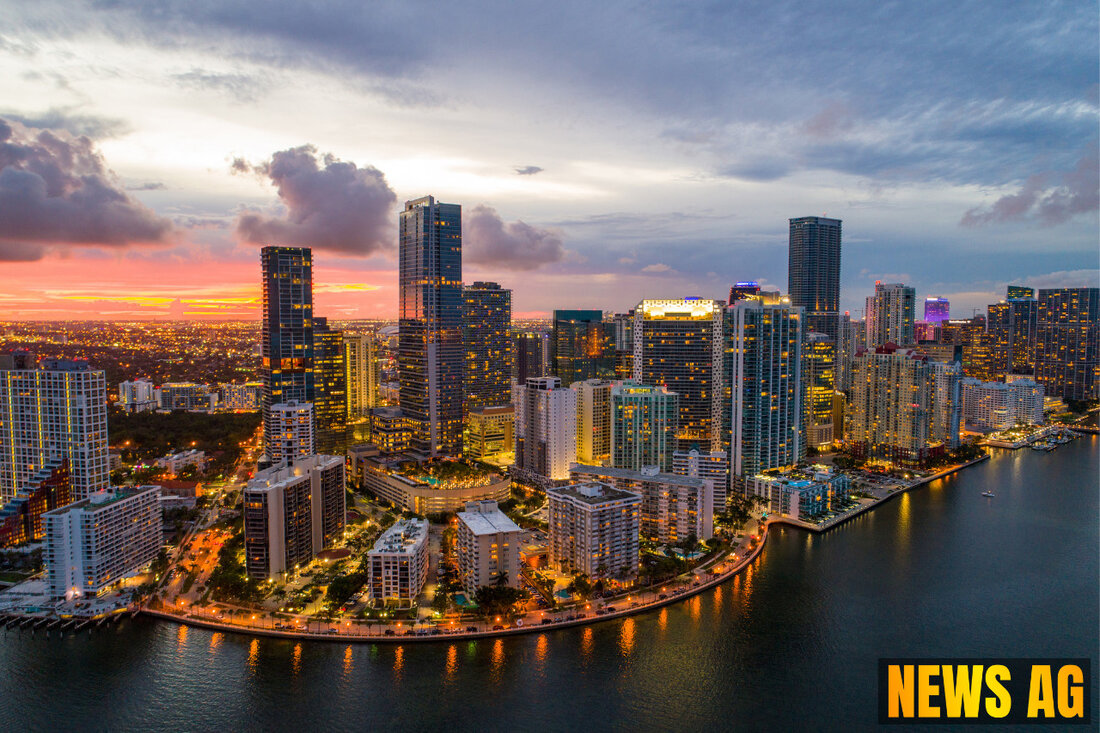SpaceX's Starship Explosion Sparks Environmental and Safety Concerns

Cape Canaveral, Florida, USA - It’s no secret that SpaceX has been riding a rollercoaster in 2025. The company’s ambitious Starship-Super Heavy program, intended to push the boundaries of space exploration, has encountered a series of setbacks that could make even the most seasoned adventurer hesitate. Just recently, an explosion during a ground test at the Massey test site in Texas resulted in extensive damage. This incident isn’t just another blip on the radar; it follows a string of aborted flight tests that has left Flight 10 of the Starship program on indefinite hold, raising many eyebrows about the program’s future. As Aviation Week reports, these technical issues seem to be clouding an otherwise stellar project.
The recent explosion was a significant anomaly, classified as a major event by SpaceX. The aftermath has brought additional complications: recovery efforts are stymied by unauthorized trespassers invading private property, complicating the cleanup process. In a plea for help, SpaceX has turned to local and federal authorities in Mexico to engage in recovery efforts, lending its resources to assist in the daunting task at hand. This move speaks volumes about the intricacies of navigating both technological advancement and legal hurdles. Mexican President Claudia Sheinbaum even initiated an investigation into the incident’s environmental footprints and potential breaches of international law in Tamaulipas, as highlighted by Devdiscourse.
The Broader Implications
While the immediate fallout is certainly worrisome, the broader implications cannot be dismissed. The explosion has not only affected local recovery efforts but has also raised alarms about compliance with existing regulations. The Federal Aviation Administration (FAA) has responded by grounding the Starship Super Heavy program, pending a thorough investigation into the safety and environmental compliance of SpaceX’s activities. Concerns are mounting regarding whether the company adhered to the National Environmental Policy Act (NEPA) in its operations, raising questions about the robustness of existing regulatory frameworks in the burgeoning private space industry.
Critics argue that SpaceX’s rapid development model, while thrilling, may overlook essential safety protocols and adequate risk assessments. The explosion itself scattered debris over protected areas, igniting fears about long-term ecological damage and raising questions about Elon Musk’s leadership approach. As Planet Compliance points out, various compliance failures in SpaceX’s history echo through the industry. From the 2016 Falcon 9 explosion to the tragic occurrences of NASA’s Challenger and Columbia disasters, there’s a pattern that cannot be ignored.
What’s further troubling are allegations surrounding Musk’s leadership style—rumors of erratic behavior and troubling financial deals illuminate a potentially toxic environment, which could jeopardize not just safety but also the very essence of teamwork essential for such high-stakes projects. With public outcry steadily increasing, one can’t help but ponder if sufficient regulatory oversight is present to ensure safety and accountability in the private space sector.
As the dust settles from this latest explosion, it’s clear that more than just the Starship project hangs in the balance. The space industry’s future may hinge upon how effectively these challenges are met head-on. Ultimately, lessons from both the OceanGate Titan disaster and this recent SpaceX incident highlight the critical need for a compliant, safety-first culture to steer the private sector into a responsible era of exploration.
In the coming months, all eyes will be on SpaceX—can it rise above these challenges and emerge a stronger player in the space race? There’s something to be said for resilience, and perhaps this incident could serve as a wake-up call for more robust oversight and safety measures within the industry. Stay tuned; this saga is far from over.
| Details | |
|---|---|
| Ort | Cape Canaveral, Florida, USA |
| Quellen | |
